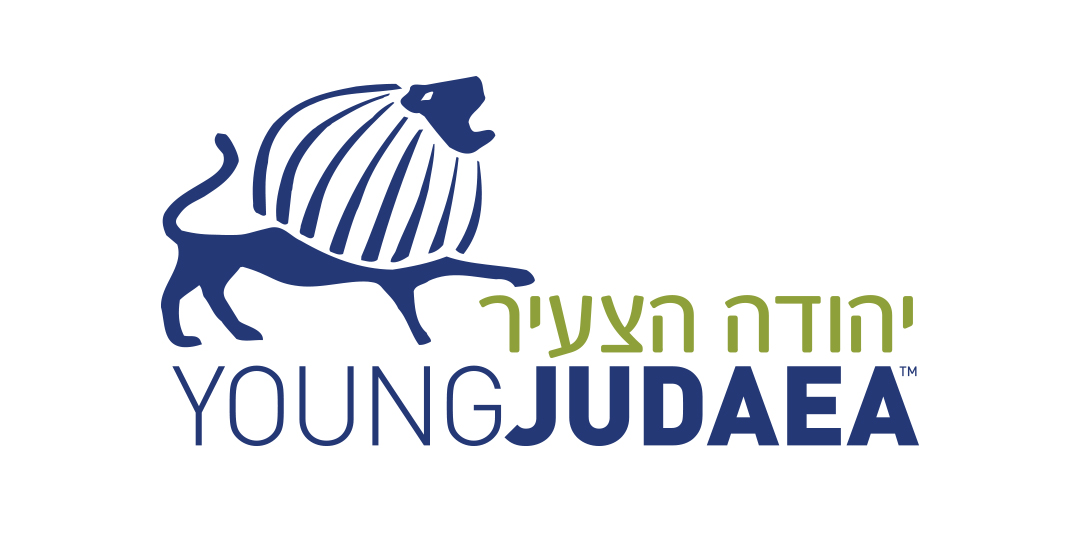Uncategorized Looking Through my Closet

By Dafna Meller, WUJS Coordinator
Not long ago, after six long years in my apartment (a record for a Tel Avivi), I needed to pack everything I owned and move to a new place. In the course of packing I was forced to open all of the drawers in all of my closets and inspect all of my, well, junk. Of course I knew that I owned junk, I see it every day – but still, only when I needed to pack did I really realize how many things I owned that I never used.
This closet of mine – that I was so used to, and was full of things that I didn’t even remember – somehow got me thinking that maybe I had other things in my life that I’m used to – but whose contents have become a mystery. Sometimes mystery is lying among the most common parts of our everyday life.
Take my name for example. My full name is Dafna Sarah Meller. While I know that Sarah, my middle name, honors my father’s grandmother, I rarely use it and could certainly question its utility. My great-grandmother Sarah lived in Bonn, Germany until she was sent thousands of kilometers by train from her house to a field in modern-day Russia, in order to be gassed in a truck by the Nazis. Last April I went with my family to see Bonn, my great-grandmother’s hometown. While I was there, I kept thinking about this long voyage that was forced on my family. Why send them so far just to have them killed? Wouldn’t it have been easier to murder them there in Bonn? I believe that the reason was to hide it from the citizens of Germany at the time. Their neighbors saw them leaving, but in an orderly way, not with overwhelming force. They disappeared, never to return. Do we know our own neighbors? Will we notice if one day they’re gone?
These types of questions and connections to the Holocaust can seem like a burden at times, and mostly to the children of survivors and victims. But on the other hand, I can’t ignore my connection to Sarah and to her story. Her story has shaped my identity has brought relevant questions and meaning into my life that should never be taken for granted.
There are many ways to look at the Holocaust. The lens through which one approaches this subject. In our People’s story is inevitably personal, much like the way we each relate to the proverbial junk in each of our own proverbial closets. Some see the Holocaust as a warning towards trusting outsiders, others as a justification for the merits of Zionism. I choose to see it as a call for a personal humanism in my daily life.
This perspective forces one to look at oneself in the mirror and ask some important questions. “How much do I know about the persecutions that take place in my backyard? Am I fully aware of what happens to others around me, perhaps to those without the power to cry out? What kind of neighbor am I? Am I the neighbor that looks the other way when I see injustice, or the one that fights so that these things will never happen again?”
For me, this is a beneficial way to better ourselves through tragedy. We have a problem in Holocaust education – admittedly a relatively good problem – that modern young adults hear about the Holocaust too much, to the point where the loss of six million Jews and five million others has become banal to some. As I see it, we have a big closet in our house called Hashoah, the Holocaust. We are used to its presence, its look, and its uses. As a stand-alone object, it is old and tired, and we’ve heard about it so much that our possessions have become stale junk. Or, in other words, the personal stories of millions have become mere numbers. But when we look deeply into it we find the humanity of the victims, the righteous among the nations, the by-standers, and even to some extent, the perpetrators. We remember why we’ve kept all of this baggage around.
On the last Yom Hashoah, Israel’s Holocaust Remembrance Day, I decided to go hear a Survivor’s story through a project called “zohrim basalon“(remembering in the living room.) It was incredible to still have the chance to listen to a real survivor telling her life story, but above all, what I liked about it was that she was so different from all that you would expect. She was a funny chain-smoker who hated Ben Gurion, and was still in love with her ex-husband. The fact that she was so different from the stereotypical survivor reinforced how personally one must approach Holocaust education. This is why Young Judaea’s Year Course held a Holocaust seminar this past week. They bring speakers, including survivors, to put a face on tragedy and to show that the Holocaust affected millions of people, like my great-grandmother Sarah. It is to show that these are individuals with hopes, dreams, and lives of their own. I sincerely believe that these two questions: A) Am I a good neighbor? And B) Can I see beyond the stereotypes? Are a good start to a personal learning of this important issue
In memory of :
- Yaacov Meller
- Sarah Meller
- Herta Meller
- Musia Muskat
- Ben-Zion Muskat
- Sonia Muskat
- Shlomit Muskat
- Shmuel Muskat
RIP